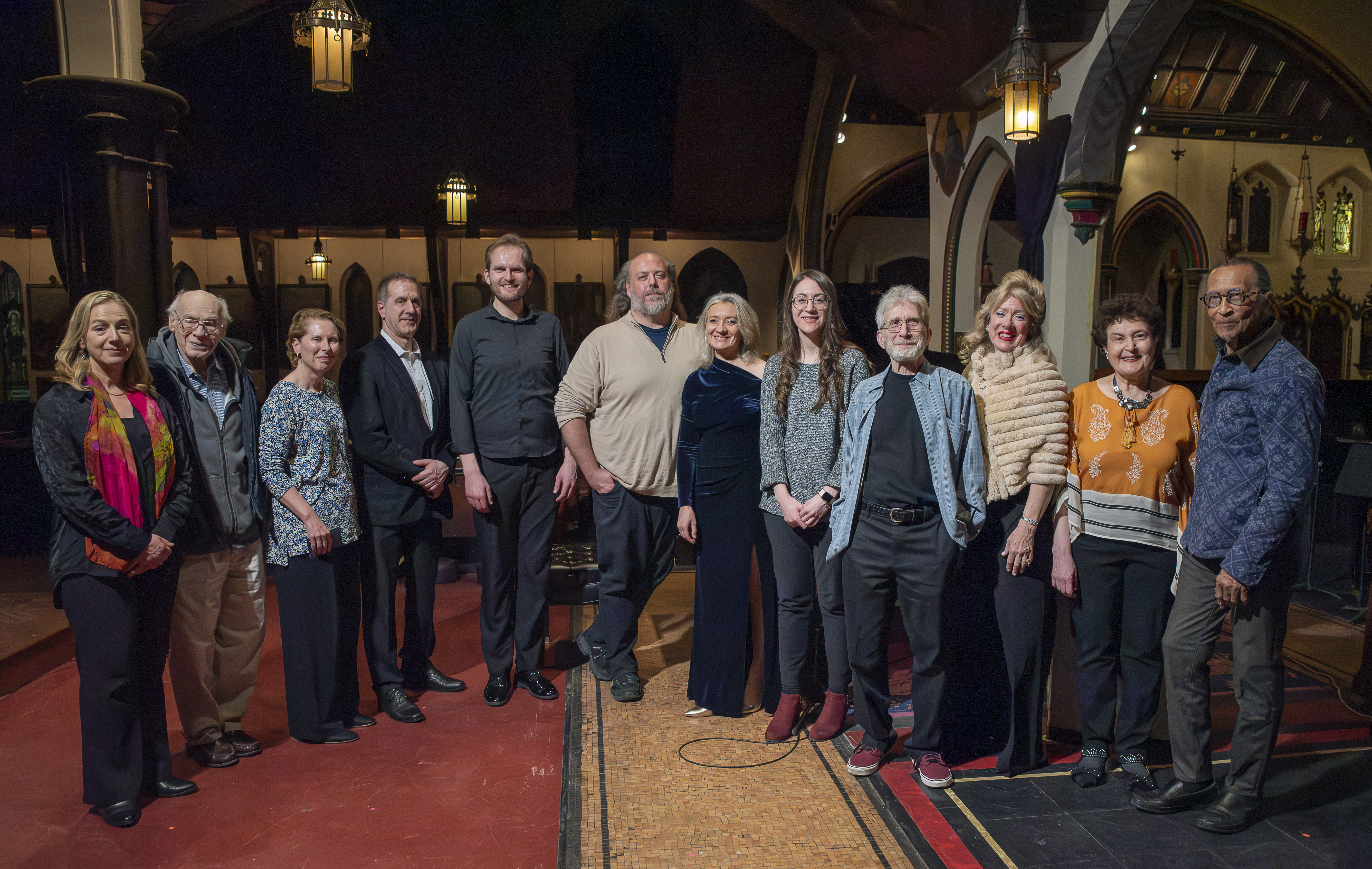
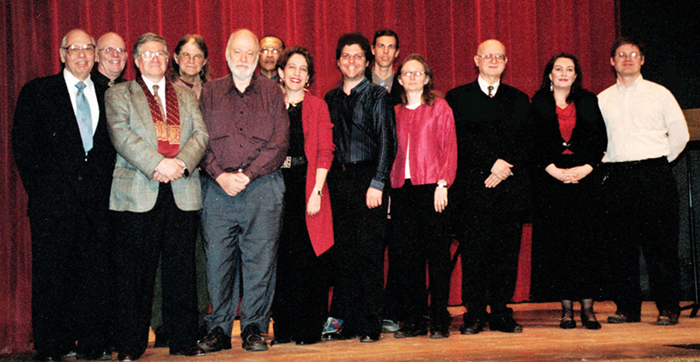
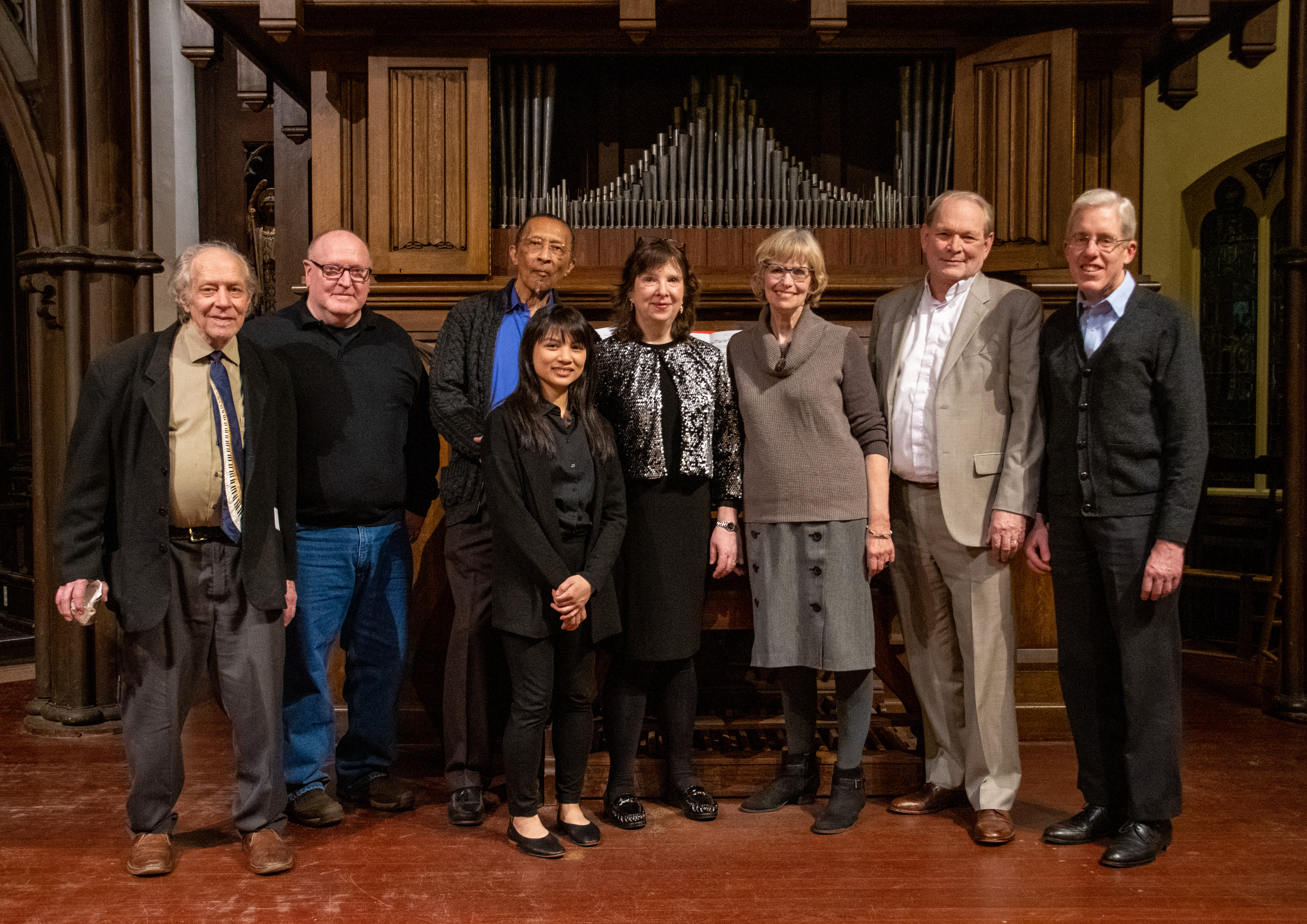
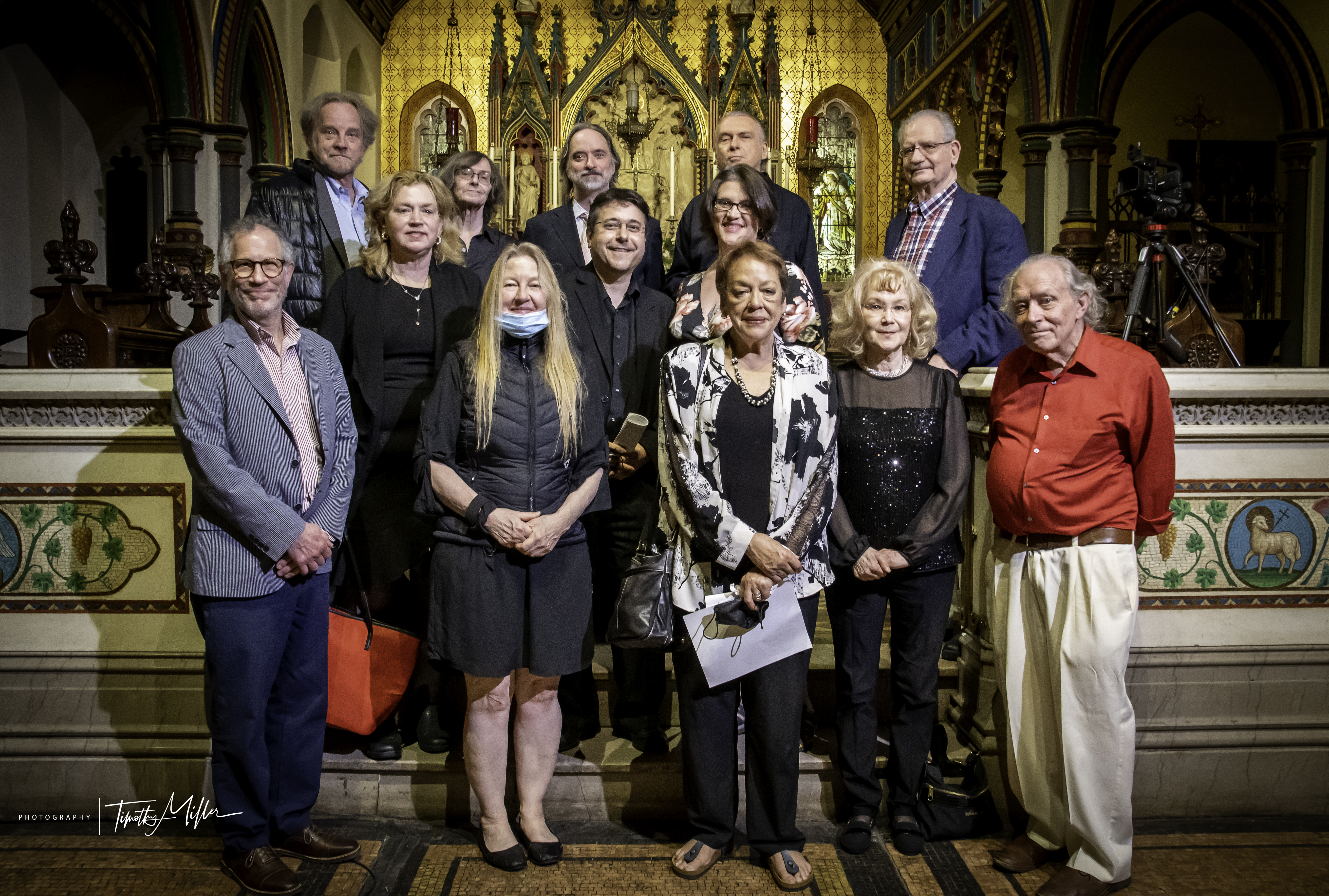
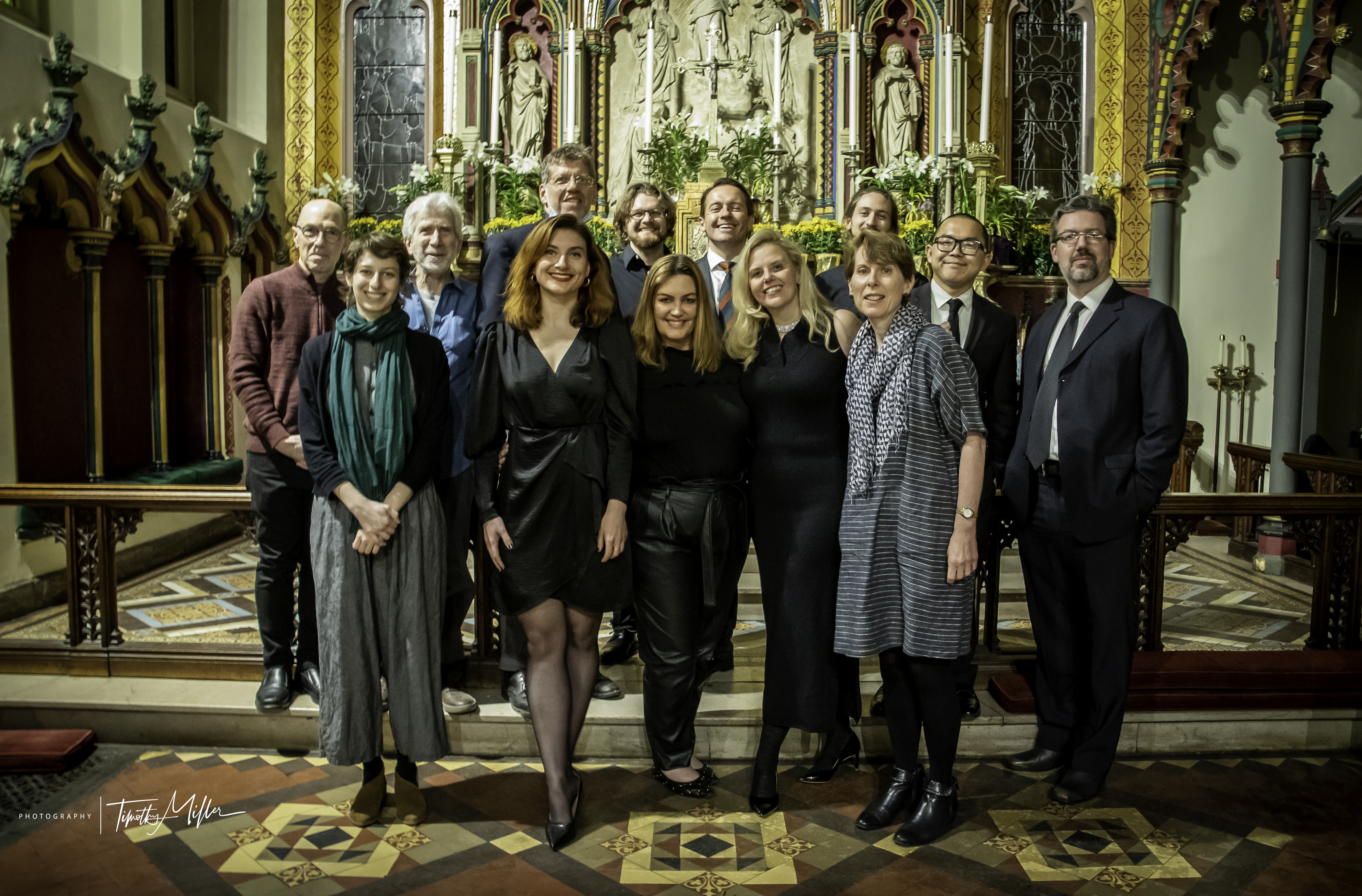
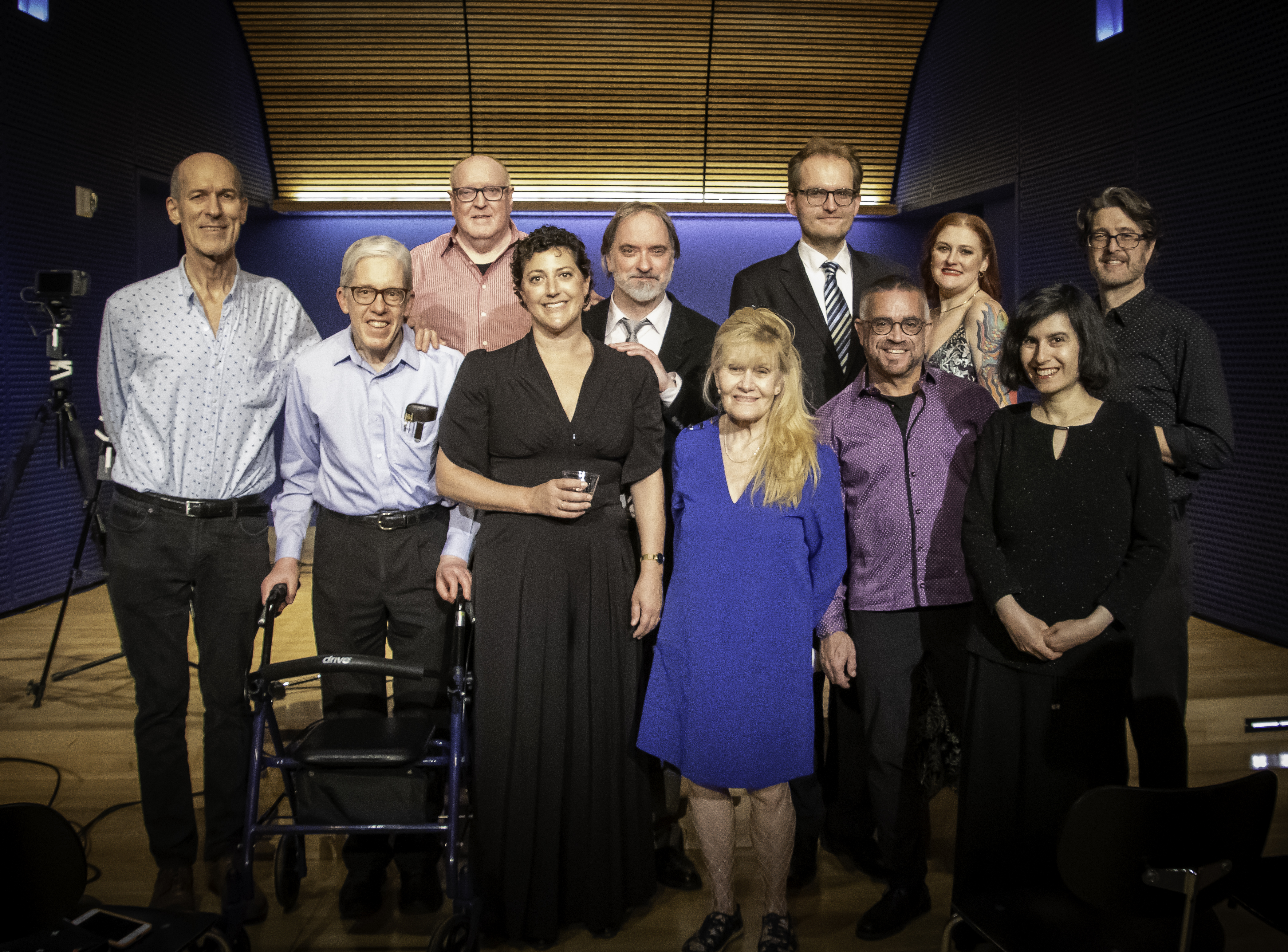
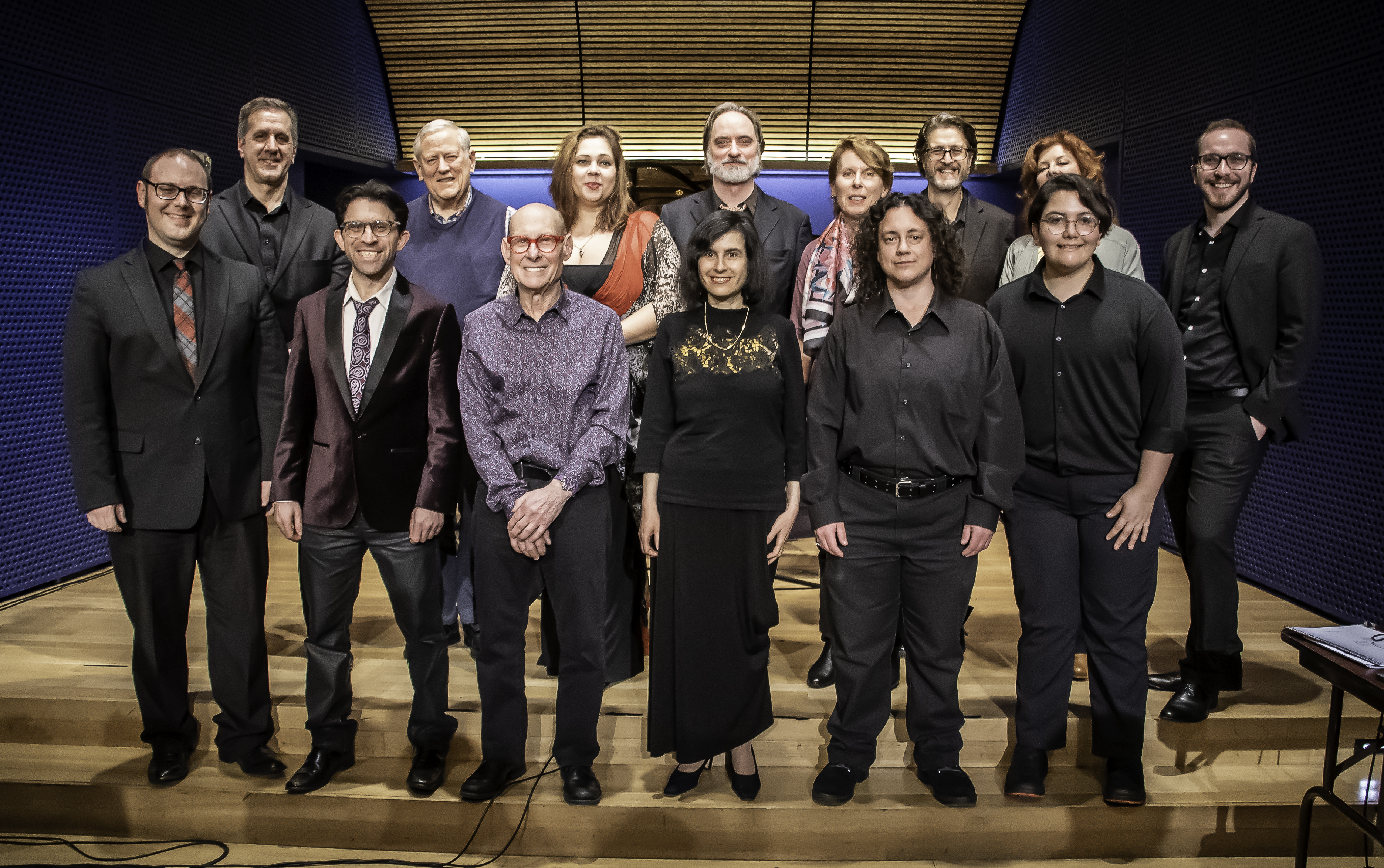
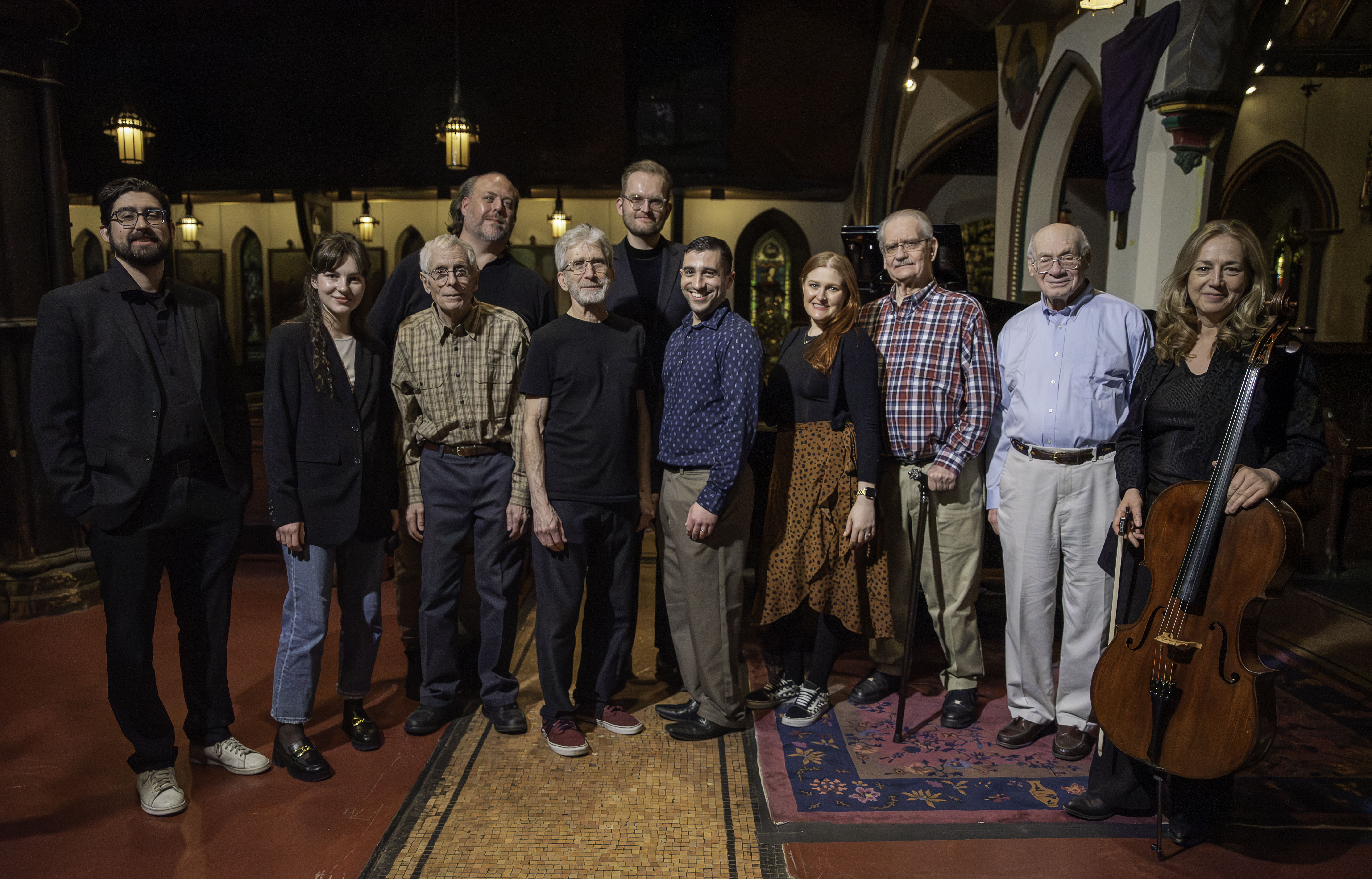
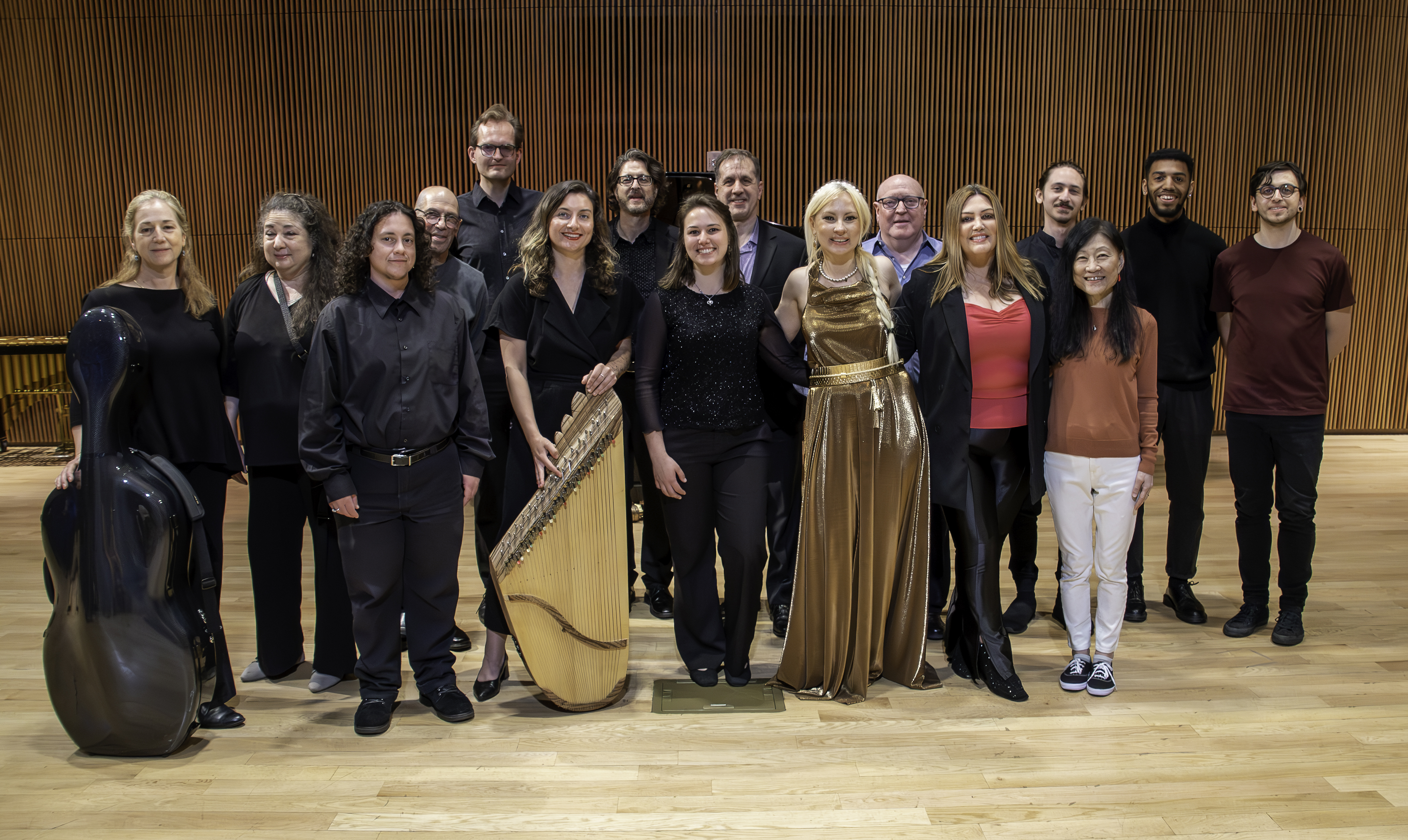
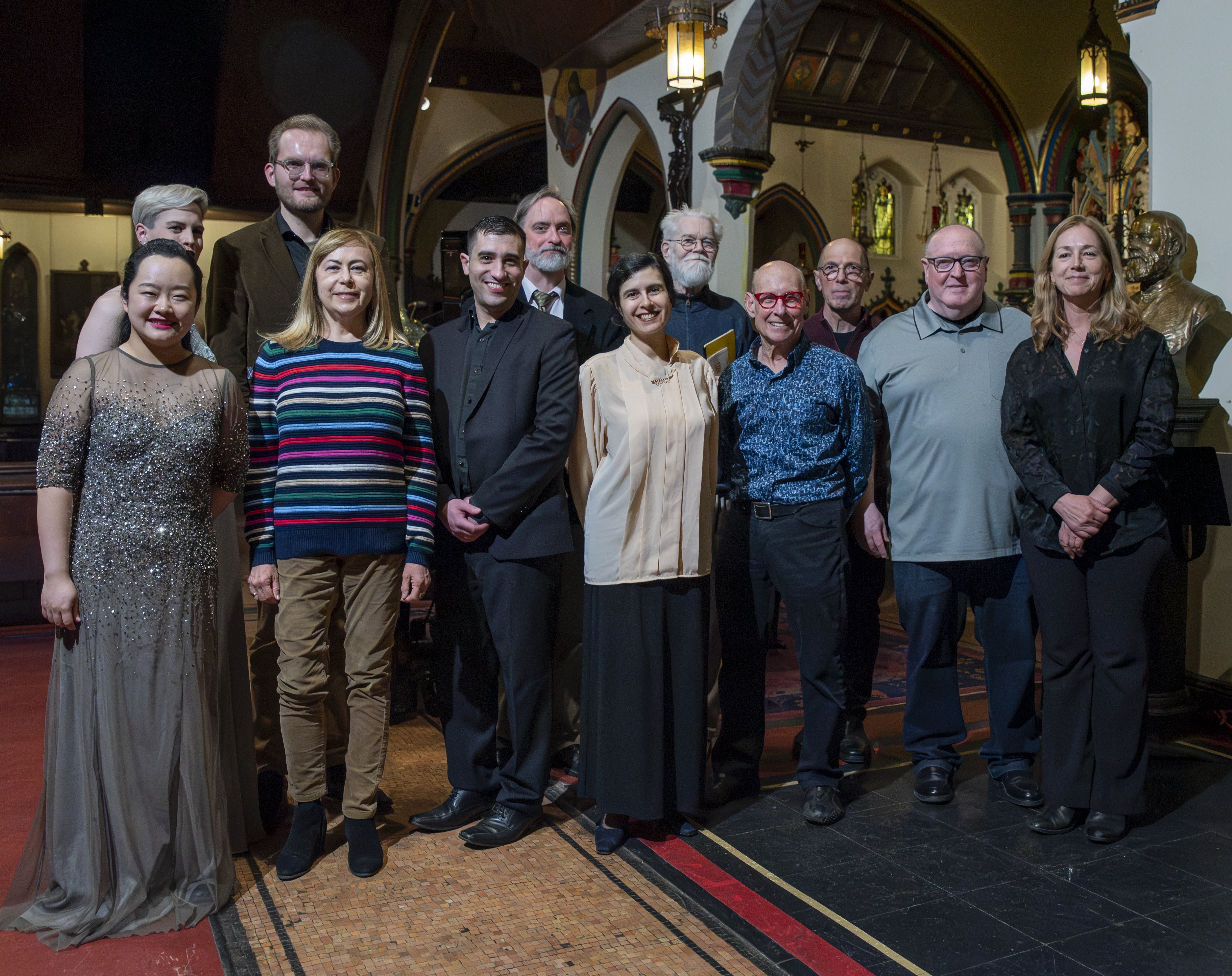
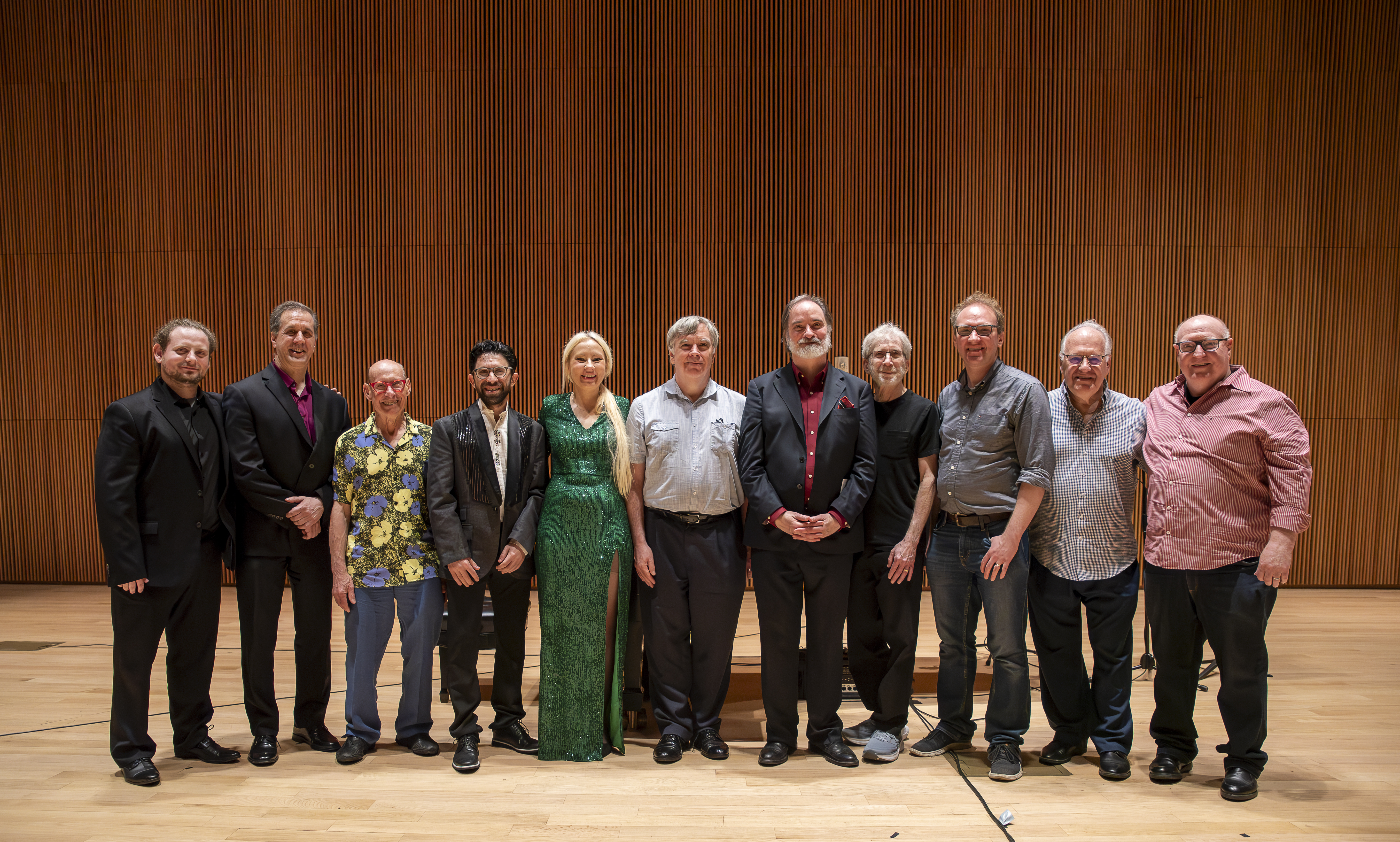
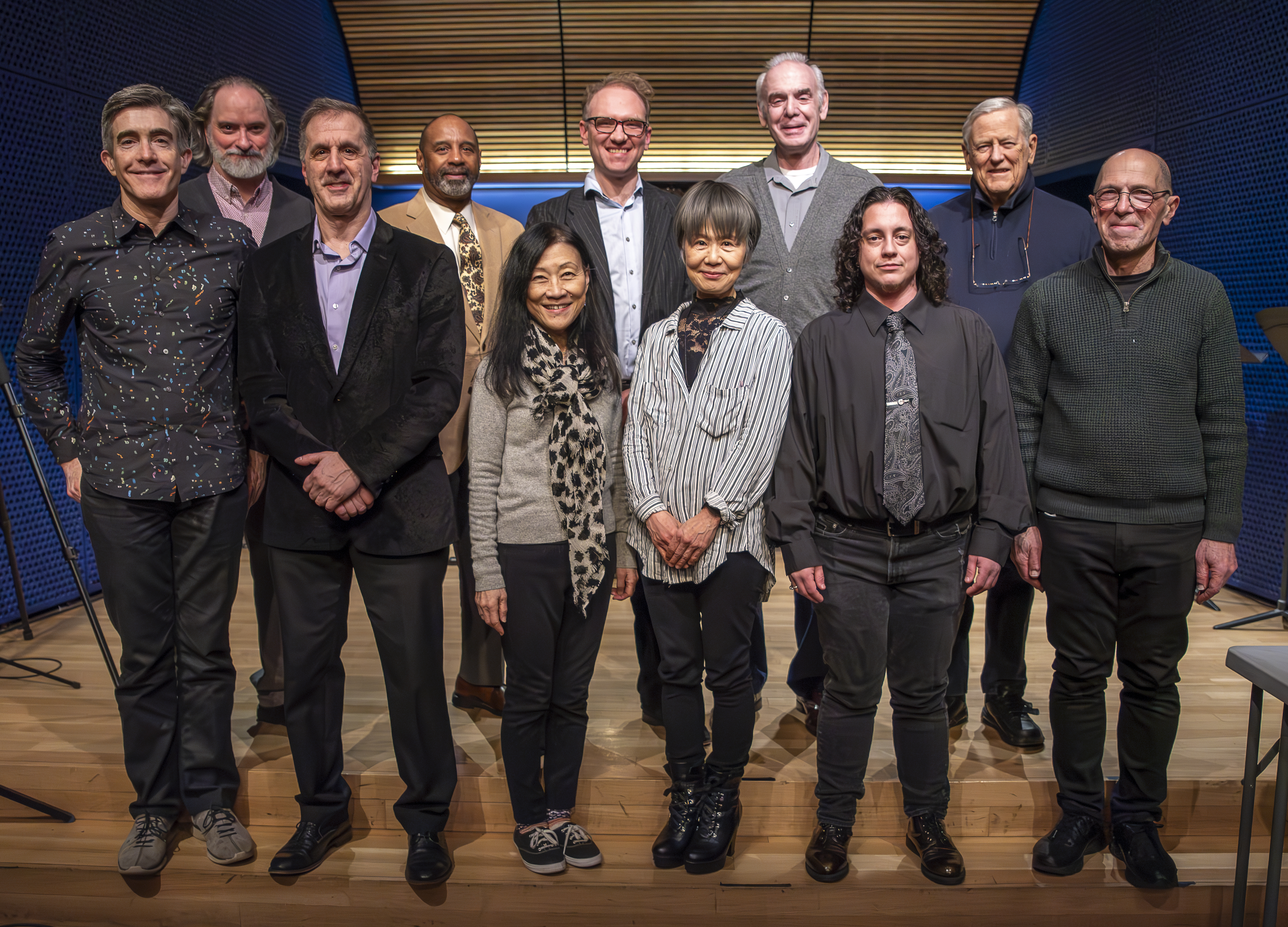
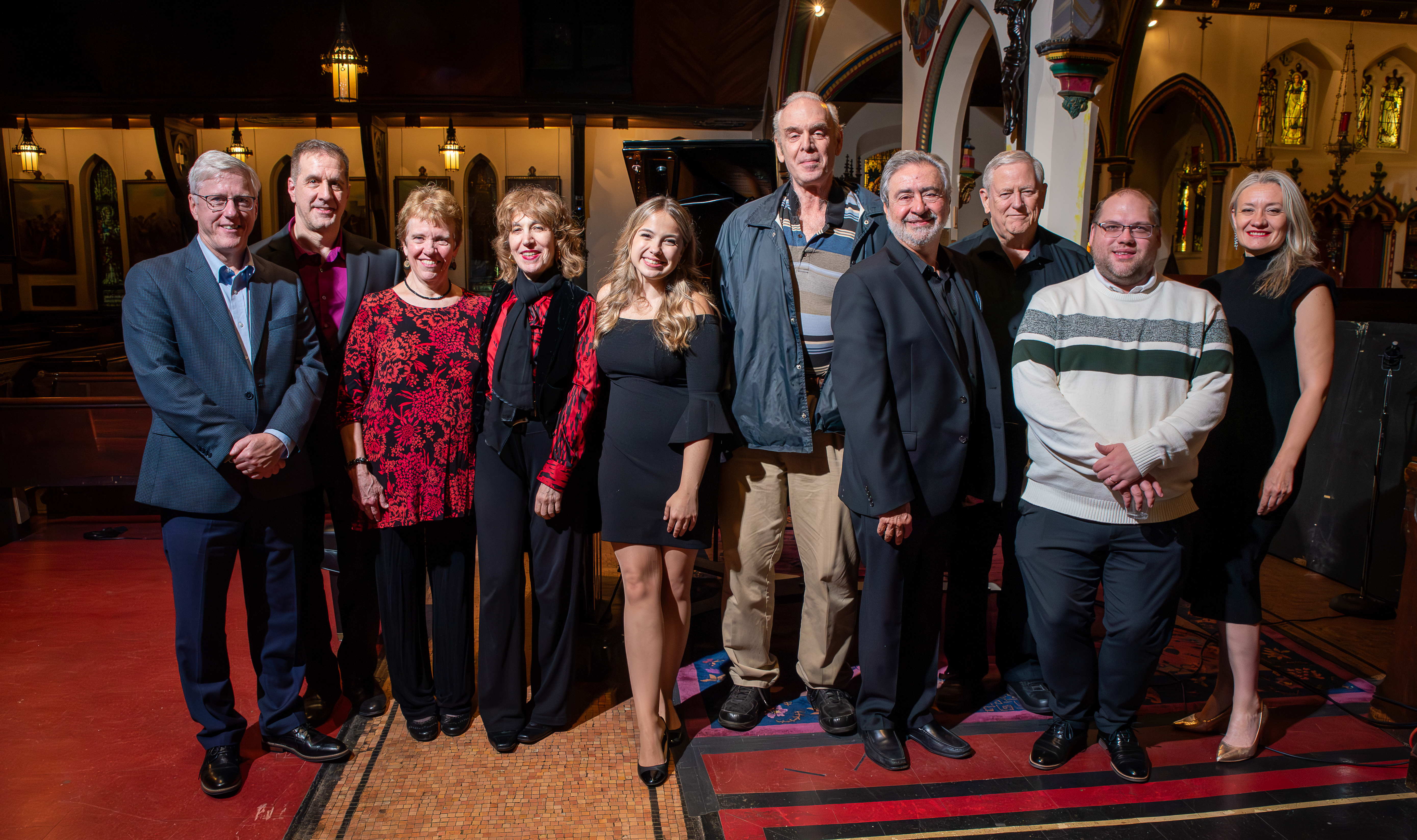
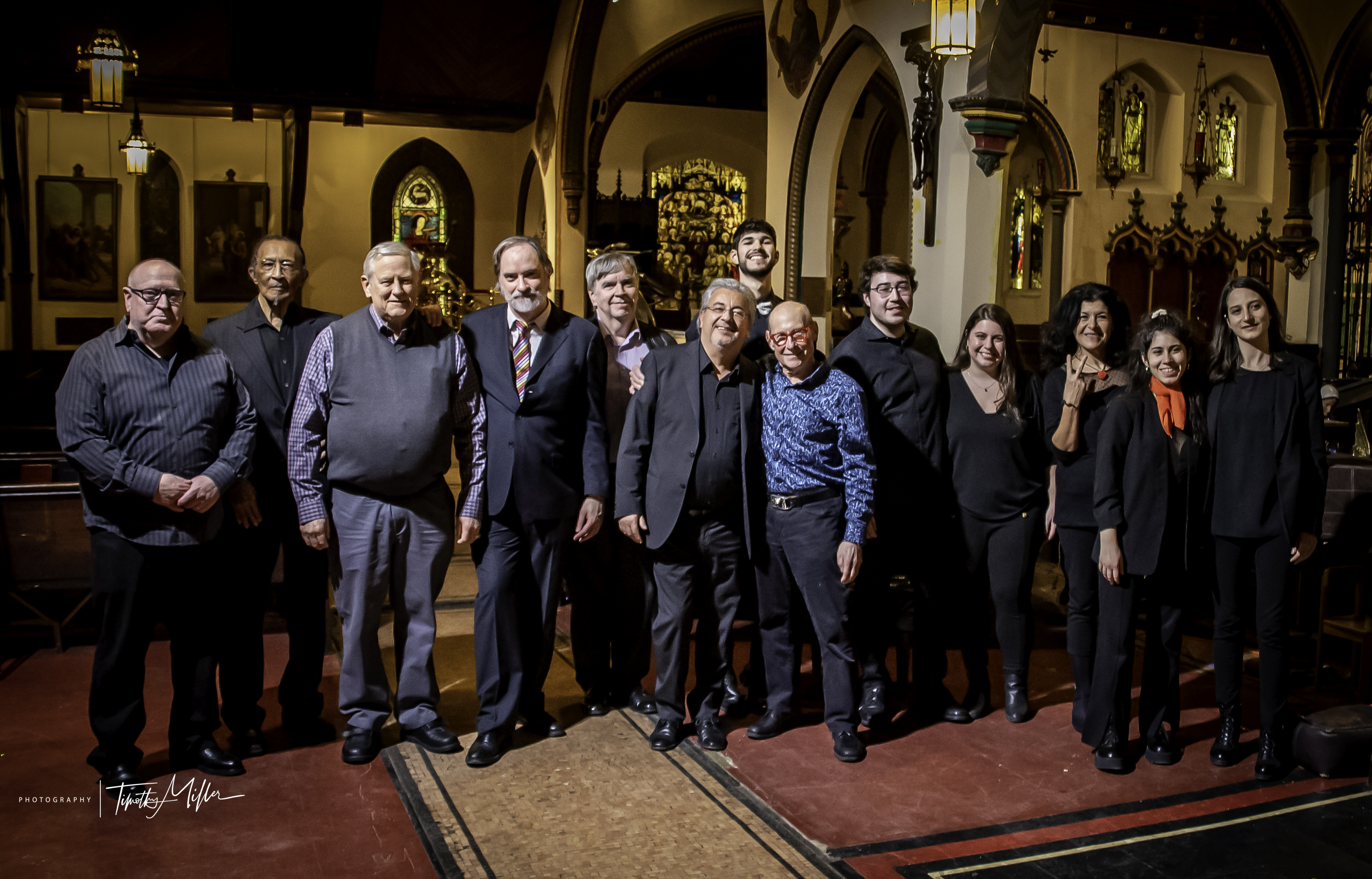
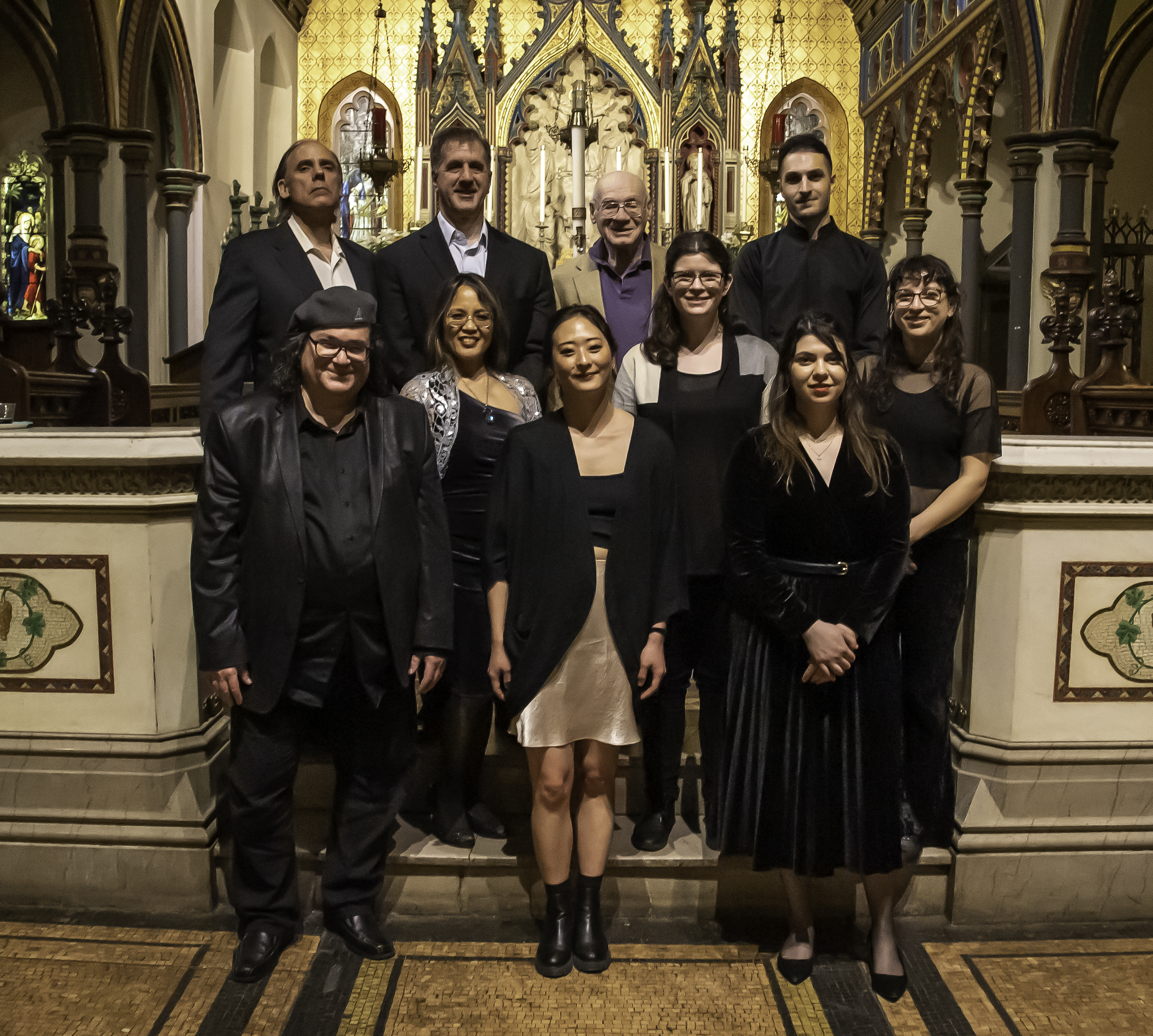
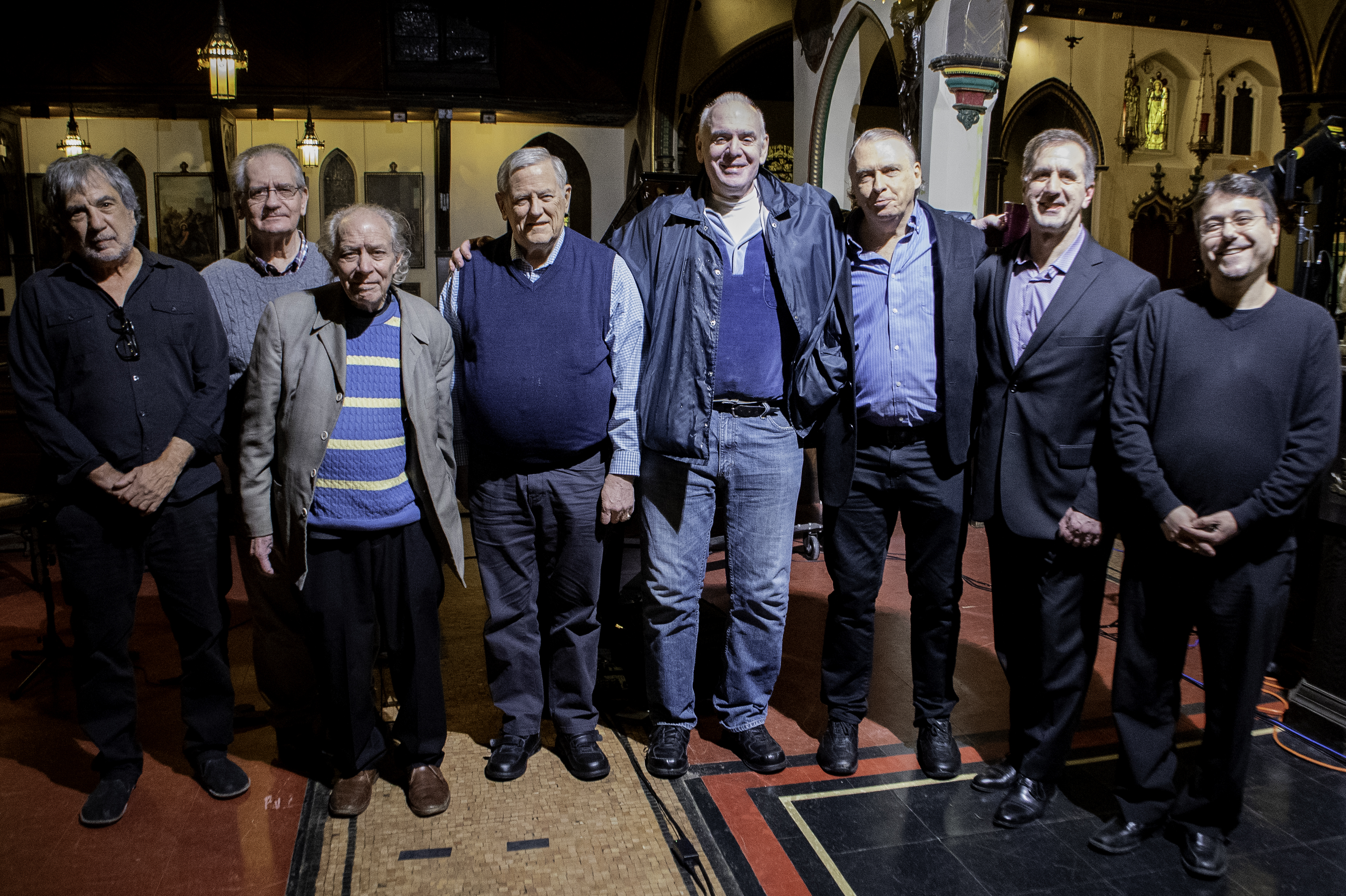

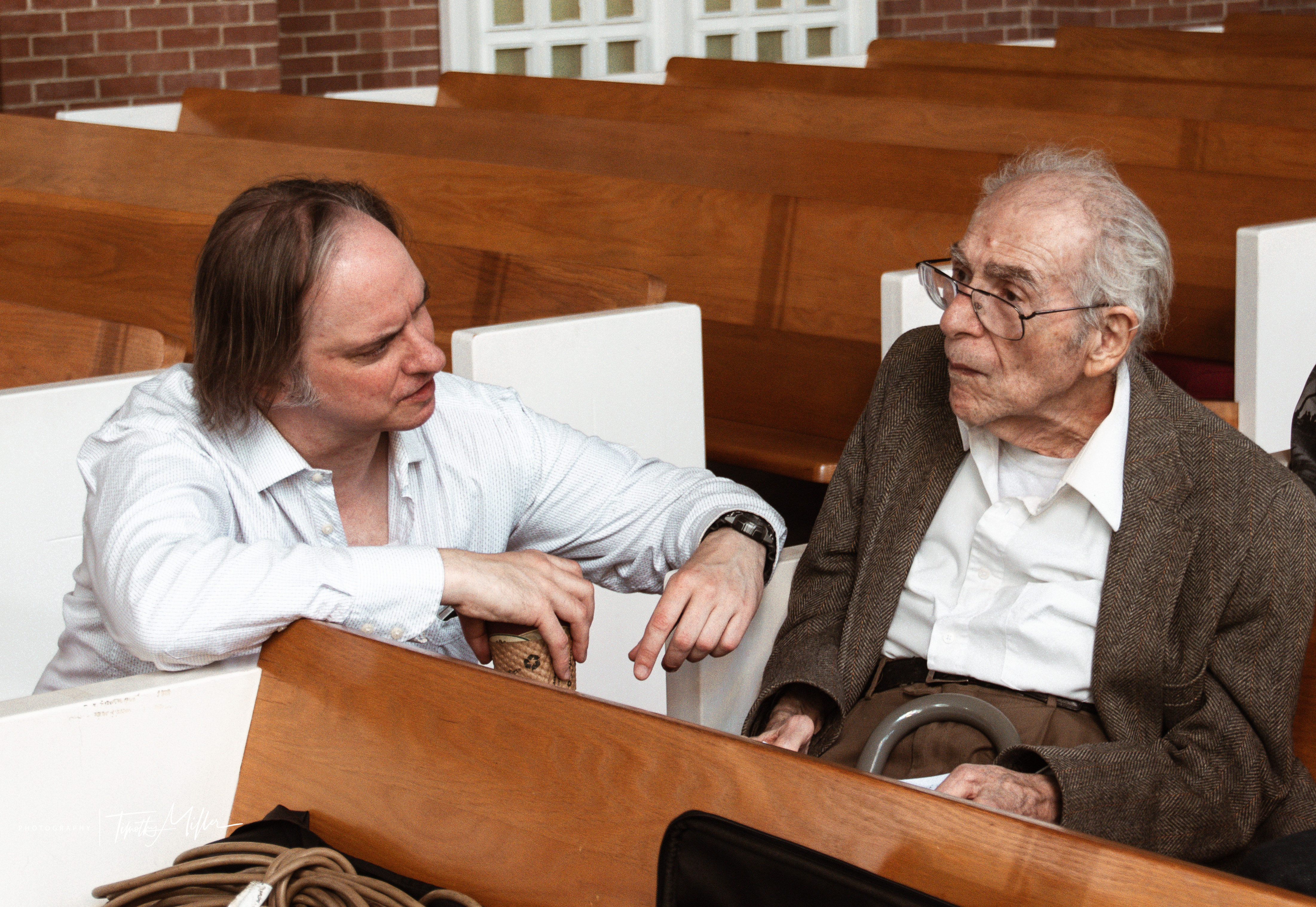
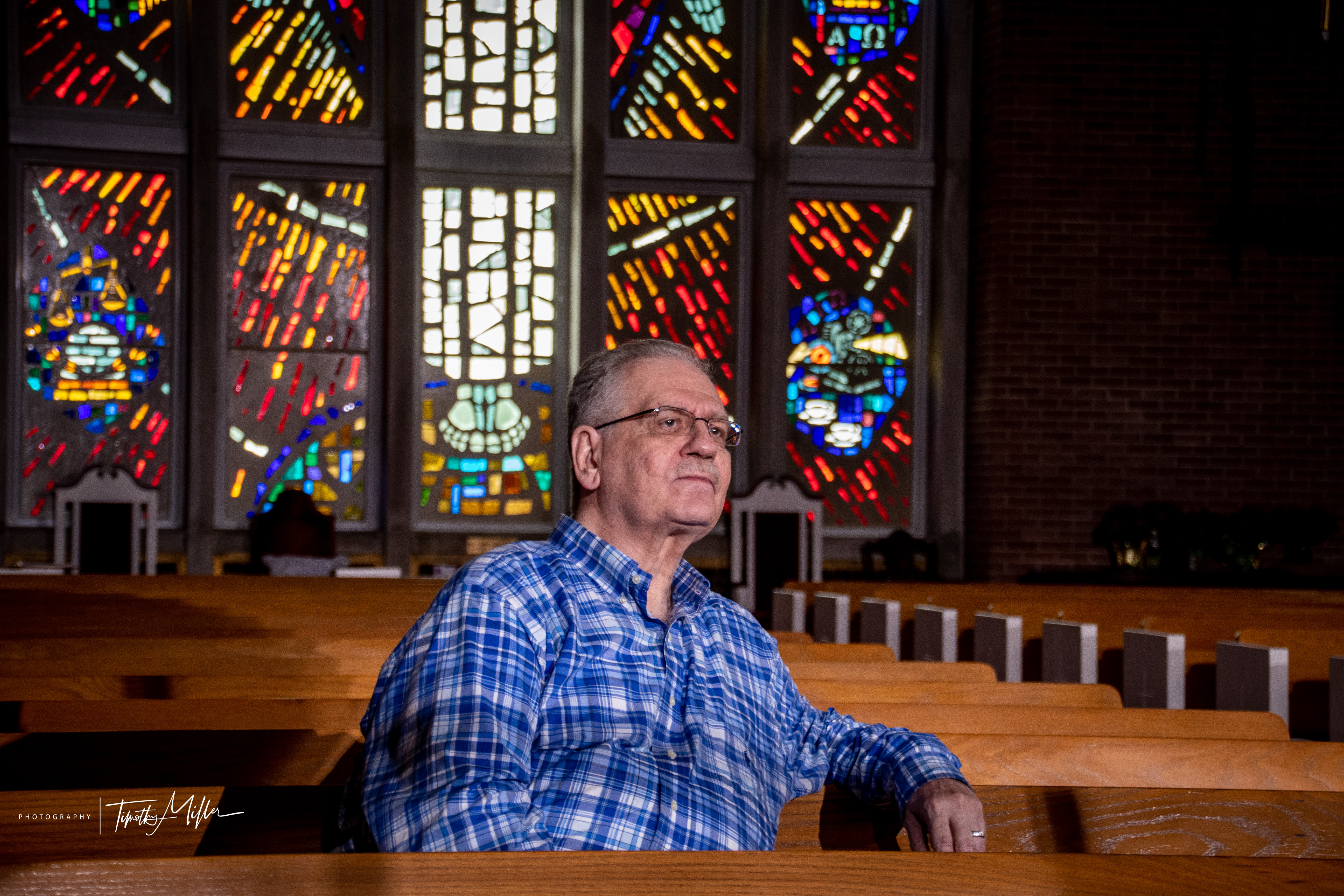
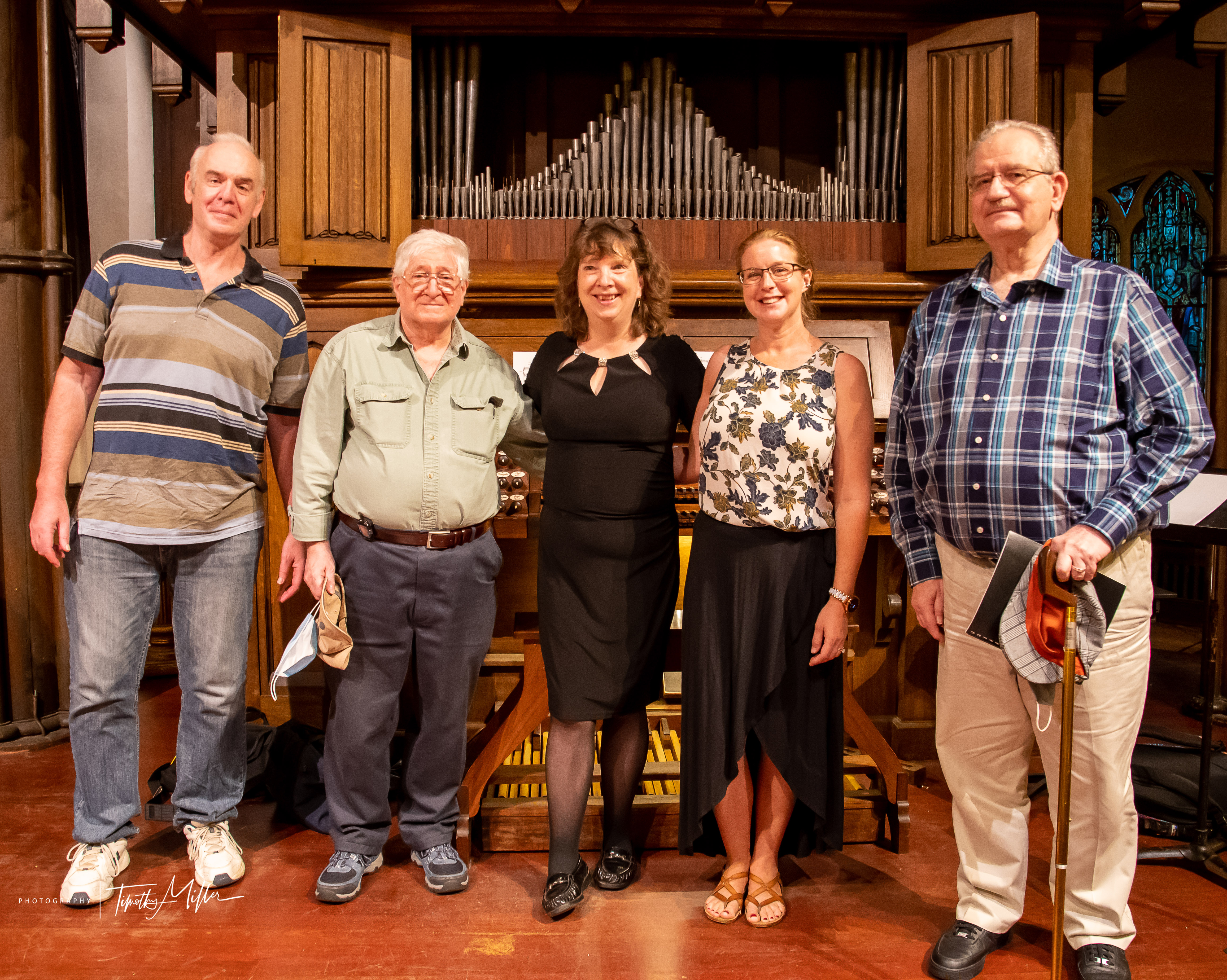
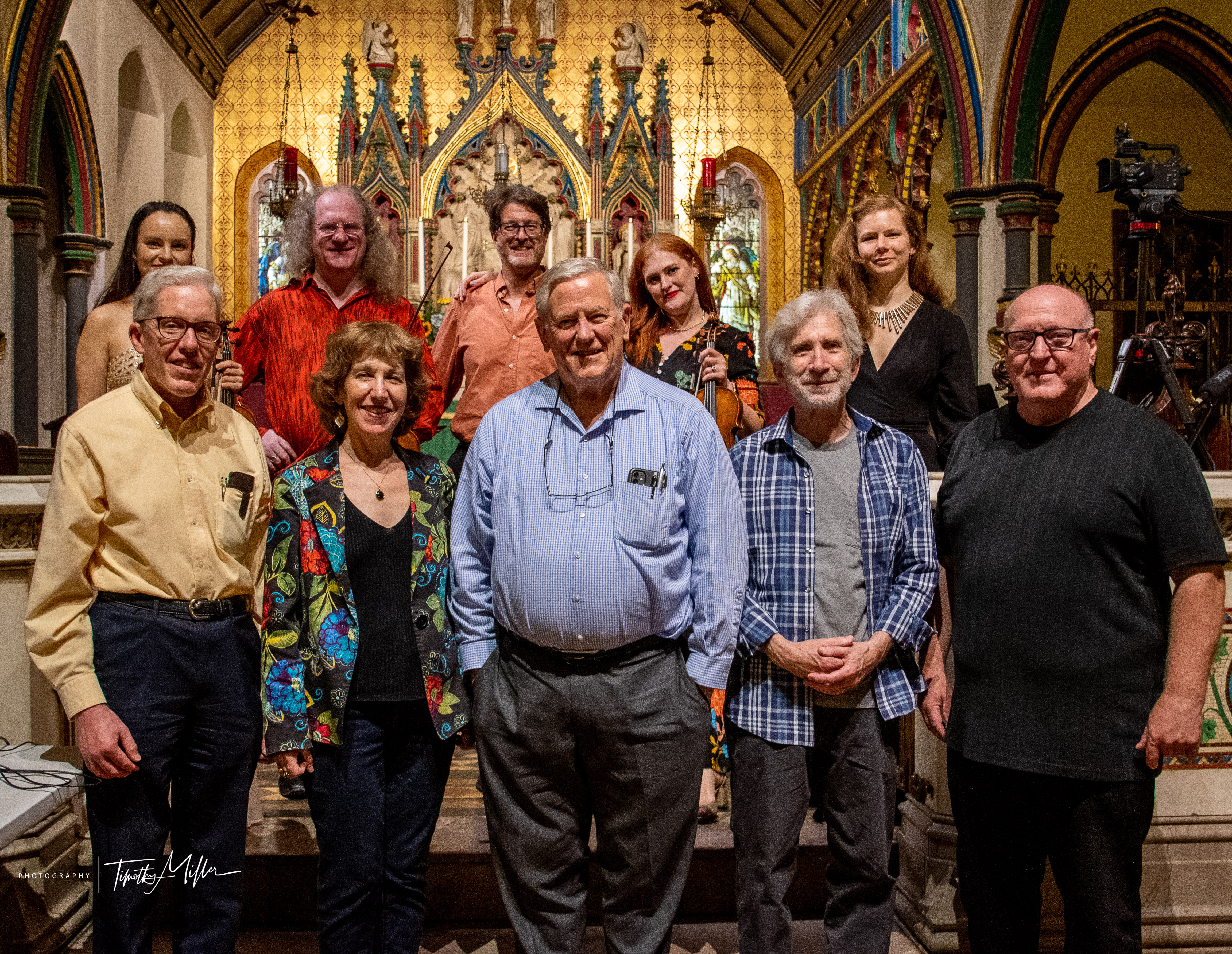
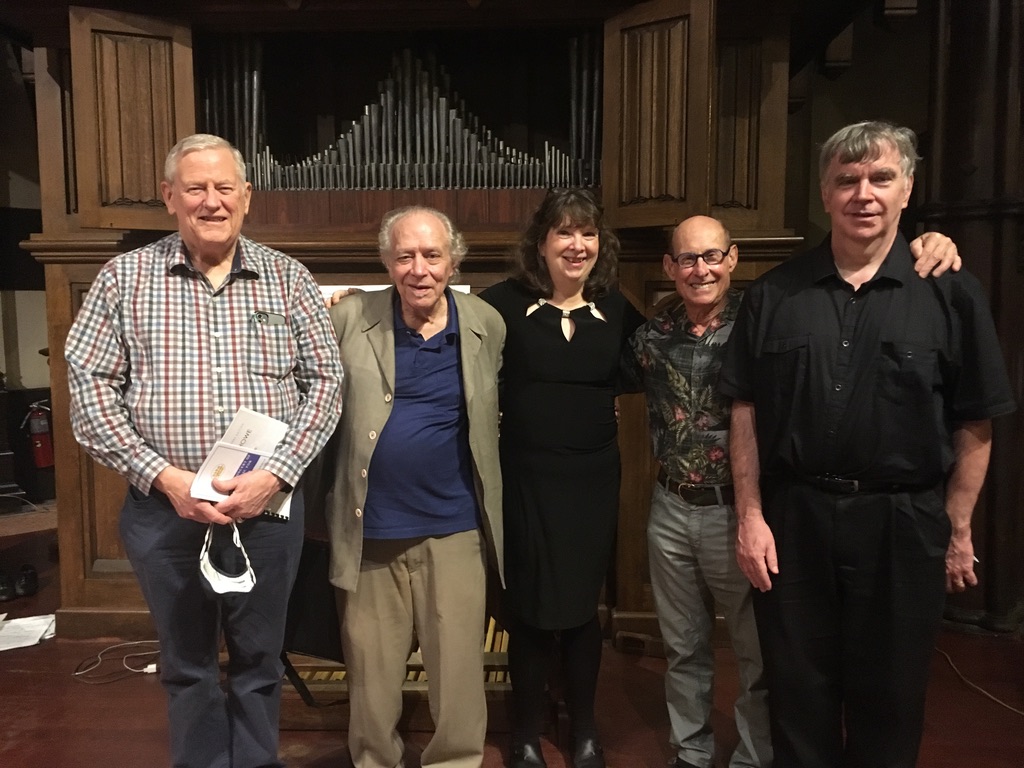
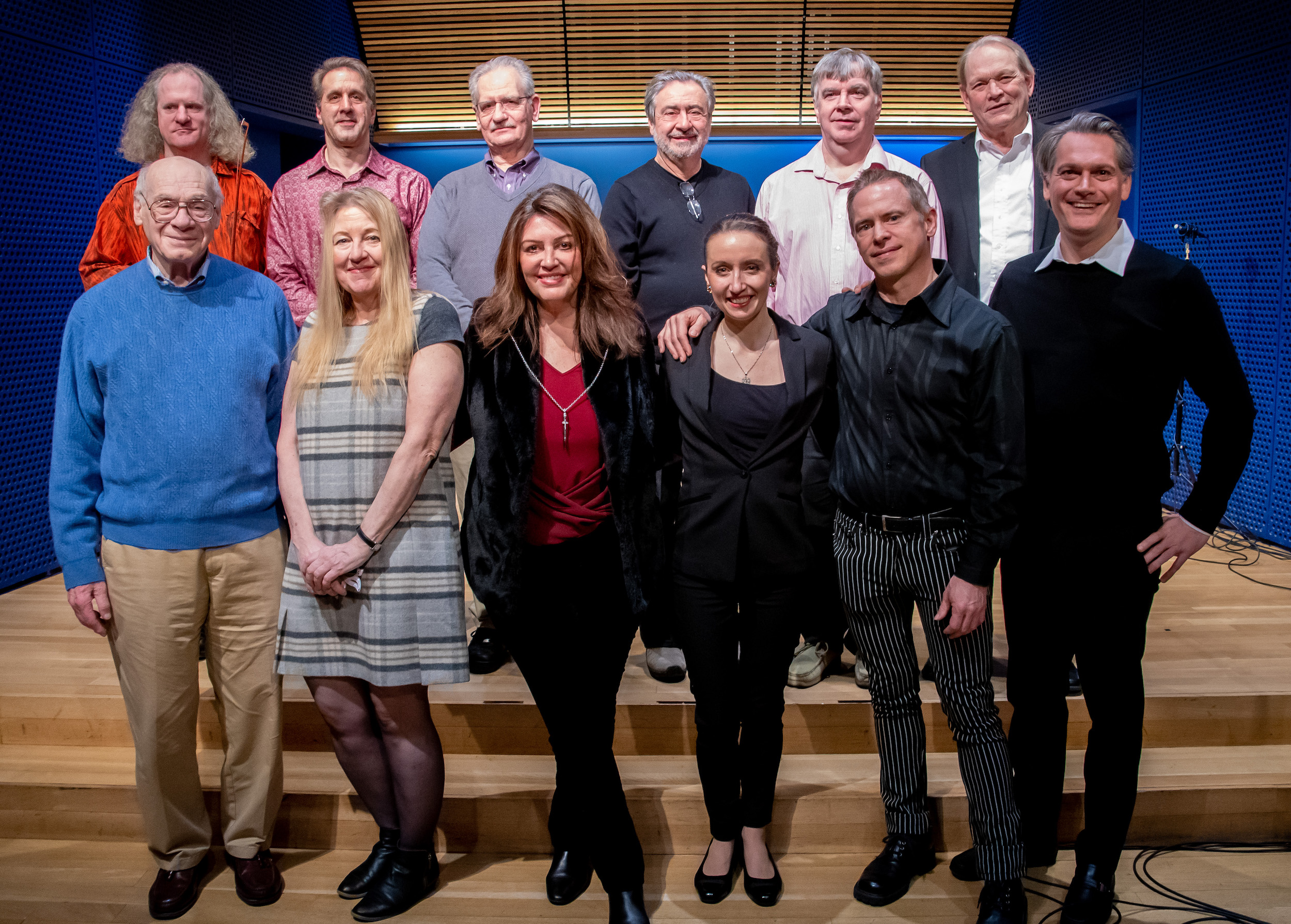
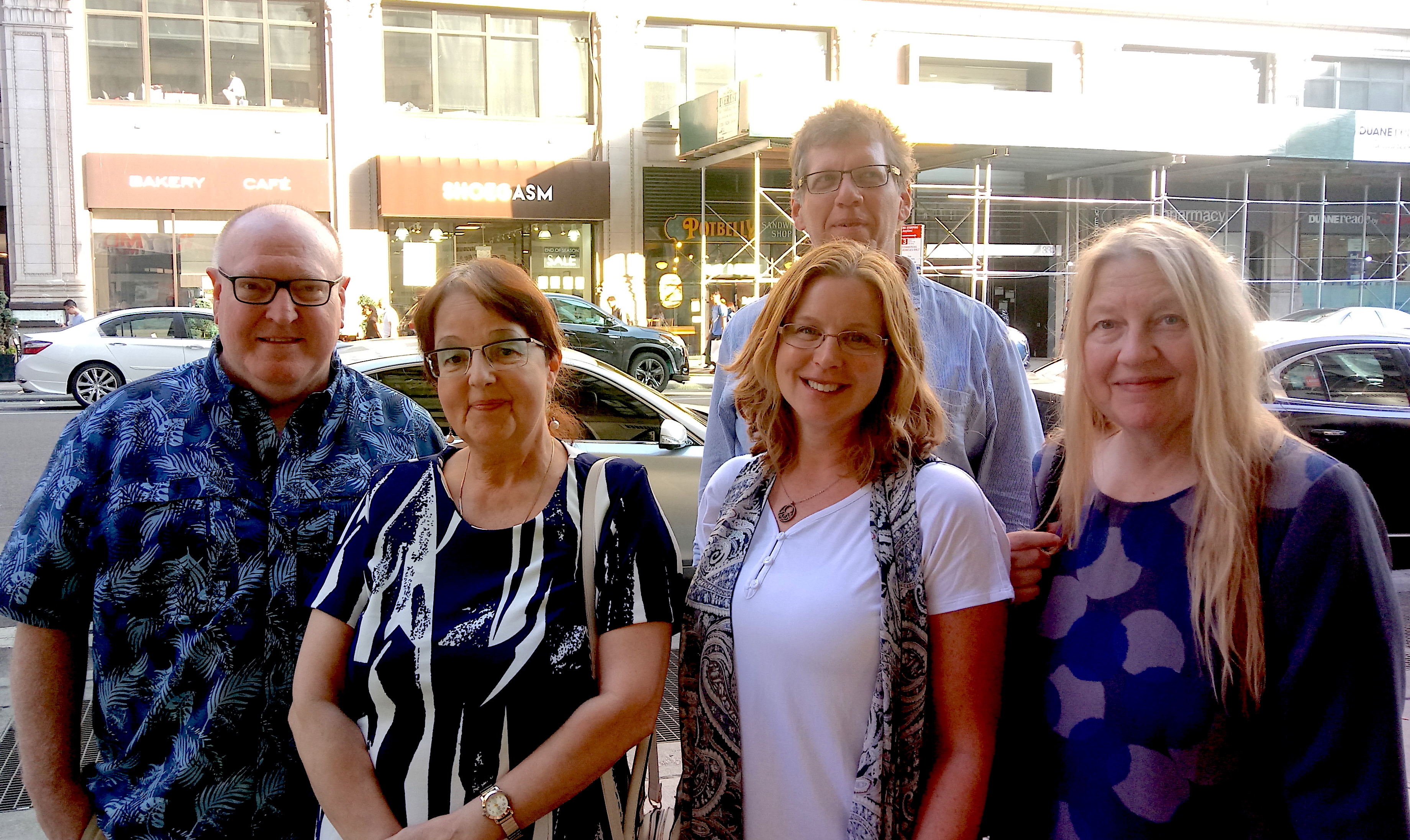
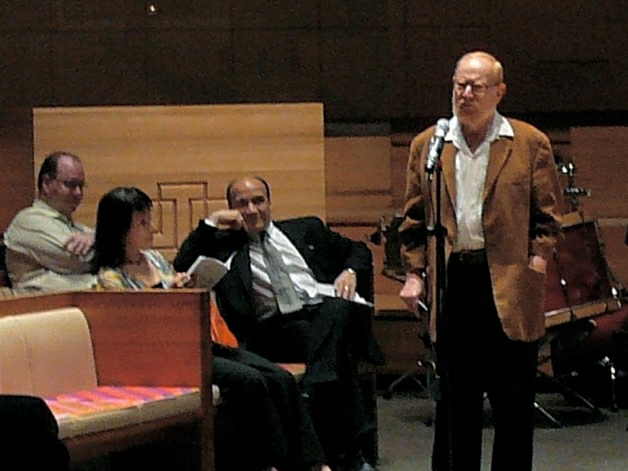
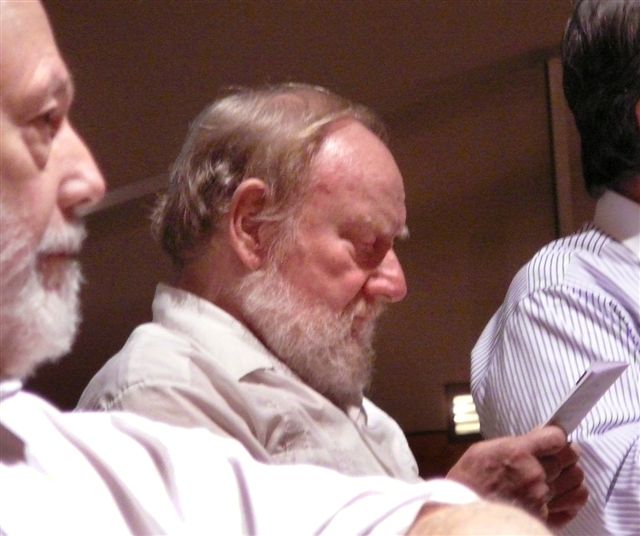
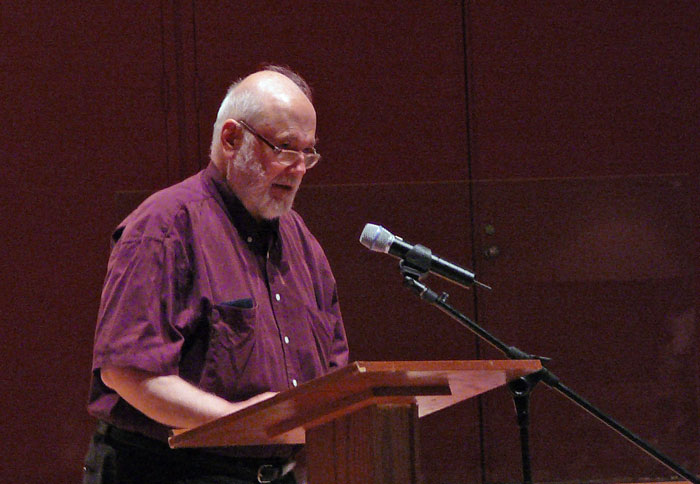

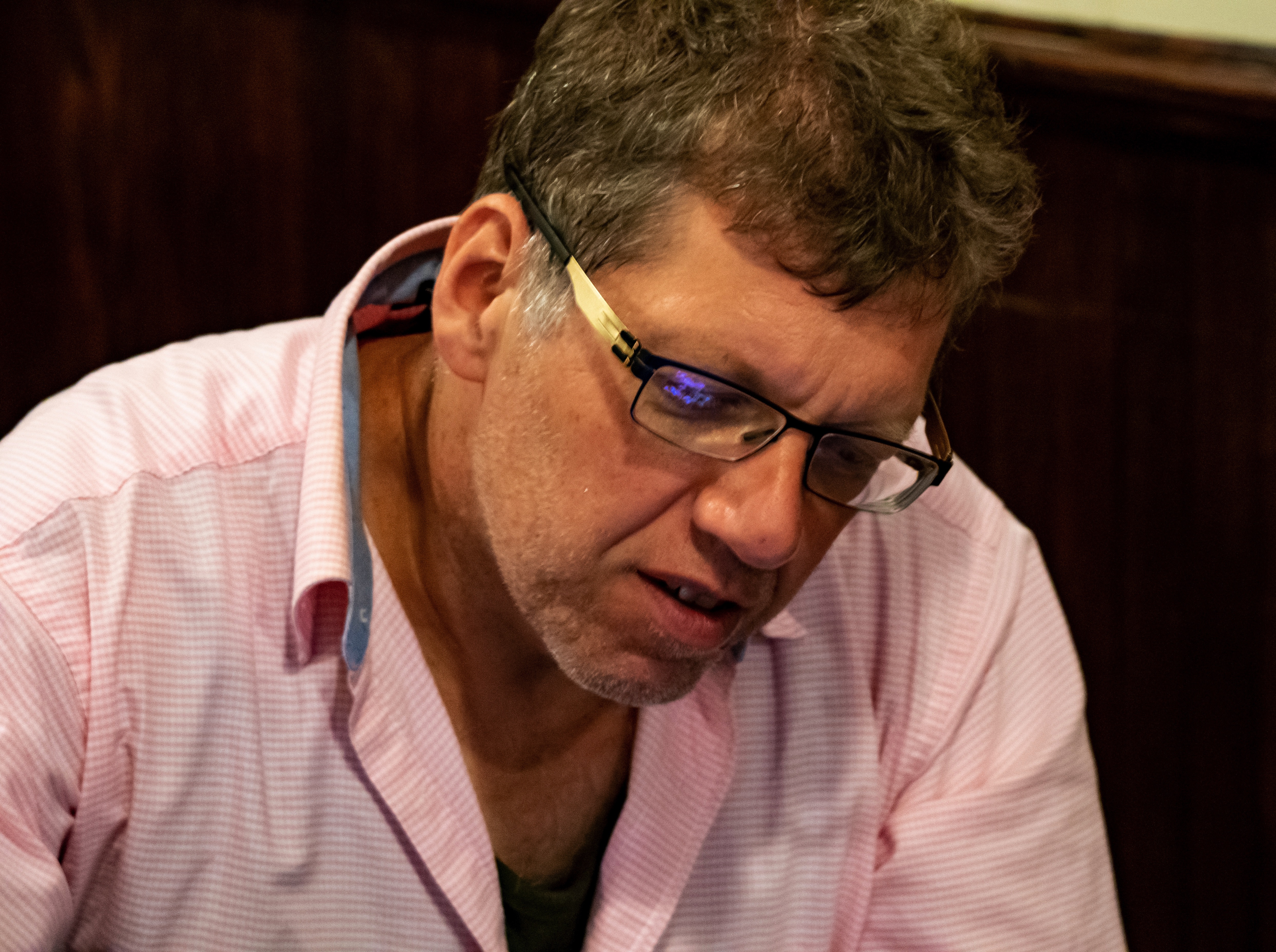
Christopher Sahar
[ INACTIVE ]
CHRISTOPHER SAHAR is a composer of classical music who, like a good deal of others, freely adopts elements outside this genre when appropriate to achieve one’s musical aims. His birthplace is Jersey City but his home is Astoria, Queens, New York with its many worlds encompassed in a small corner of New York City.
He holds a Bachelor’s degree from Oberlin College and a Master’s degree from Queens College/City University of New York. Of all of his formal composition teachers, the most critical to his development was Conrad Cumming, a wonderful composer of opera at Juilliard’s Evening Division. Sahar has continued his education as a member of the New York Composers Circle, which offers the camaraderieship and performance opportunities to both continue to learn and the motivation to write music.
Sahar earns a living mainly as a church organist, as well as a teacher of piano and composition, and he occasionally works as an administrative assistant for small businesses. However, the job he is most proud of having in recent years is overseeing the care of his mother who is a survivor of metastatic breast cancer since 2018.
Regarding his music, Mr. Sahar writes, "For those of you interested in some of the projects I have done, I can always send you my composer curriculum vitae, a rather dull method, or join me for a drink after a concert and hear some of the tales of my musical adventures. As for my aesthetics and why I compose, it can summed up as the following:
"Music produced by humans (and a good deal of animals) is, in my opinion, a set of sonic conventions communicated in a variety of means to align ourselves with or gain membership to a group of people we wish to belong to. Music is simply an elaborate ritual of social bonding and insidiously powerful tool to enforce a social hierarchy. And it often ends up oppressing people --- except those who give up trying to adopt a sonic convention or enforcing a convention of their own upon others and, instead, freely accept or create those that suit them for their own personal reward. The added benefit is the act of creation and recreation benefits our present physical well-being in the present. Composers may desire their music to be remembered after they pass, but it is a misplaced desire. We will never know exactly what aspects of ourselves those around us will treasure and hold in memory after we pass, so why work so hard to make it only our compositions and performances?
My philosophy and definition of music supports my main impetus to compose and improve at it – to better be my own physician and hopefully when a piece of mine is heard, it offers a model to others of using the arts as a tool to maintain and improve one’s well-being."
